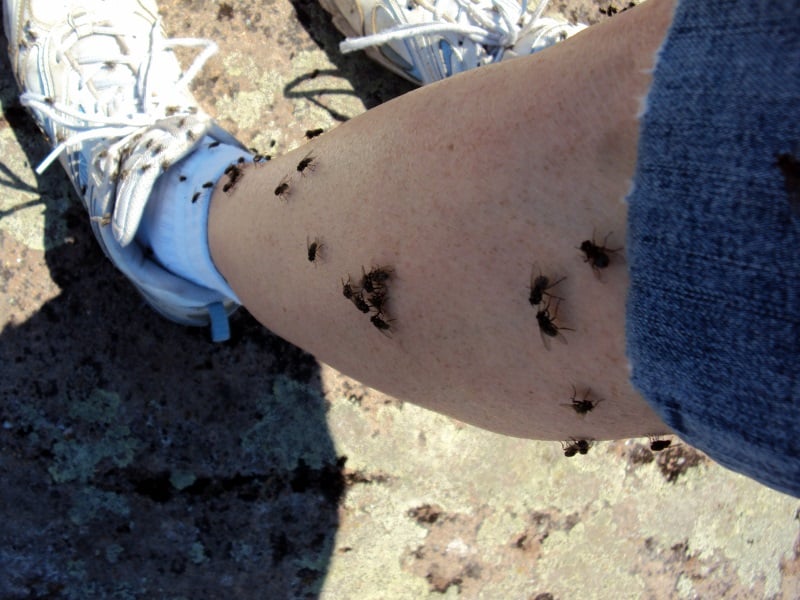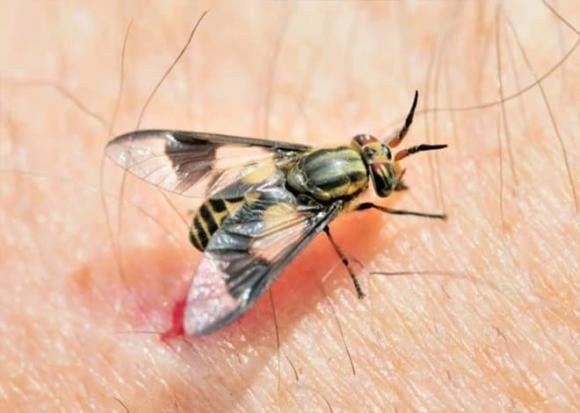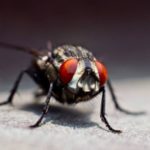Biological Characteristics and Behavior of Flies.
Firstly, flies are completely metamorphic insects. Their life history can be divided into eggs, larvae (3 individuals), pupa, maggot, and adult. Although the lifespan of flies is only about a month, their reproductive ability is very strong.
The feeding behavior of flies is very complex and they are omnivorous, meaning they can eat various substances. According to the Encyclopedia Britannica, flies are omnivorous, they can eat many different substances and have a preference for sugar, vinegar, ammonia, and strong odors.

Some fly species land on us simply because they are attracted to our body temperature. Secondly, other flies land on us, especially in front of us, because they are attracted to the CO2 gas that we exhale.
When the human body sweats, there are a lot of viscous substances and various trace elements in the sweat, flies love to feed on this sweat on the human body. If there is only a small amount of sweat, flies will not come, because there is a small amount of acid in the sweat that is harmful to flies, when there is a lot of sweat, the acidic nature will weaken, so flies can also come and bother.

Therefore, it is important to keep your body clean and change clothes frequently in the summer to stay comfortable and reduce the intrusion of flies.
However, it should be noted that although flies do not suck blood or bite humans, they can transmit diseases from infected individuals to healthy individuals and carry disease germs from the environment into the human body through food and drinking water. Therefore, controlling and preventing flies is very important to protect our health.
One banana trap to catch all flies, no flies can escape, stay still and endure.
Flies reproduce rapidly, and if not eliminated quickly, they can greatly affect your daily life.


































